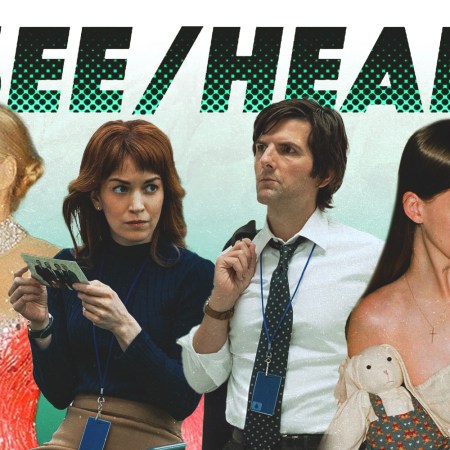Common gender stereotypes tend to hold that men and boys are more interested in video games than their female counterparts. Women and girls, on the other hand, tend to have a stronger association with social media. According to The Wall Street Journal, emerging research suggests these differences in technology use might actually be attributed to real brain differences between males and females, and the gender divide in these behaviors may be the most pronounced in children.
As the WSJ‘s Julie Jargon reported, many parents have noticed differences in the ways their male and female children approach technology, with sons trending toward video games and daughters more likely to spend screen time on social media.
“It is entirely plausible from a neurological perspective that there’s an underlying biological component to this difference people are seeing,” Larry Cahill, a professor of neurobiology and behavior at the University of California, Irvine, told the WSJ.
A study helmed by Yale University professor Marc Potenza and a team of researchers in China found that the areas of men’s brains associated with reward processing tended to show higher levels of activation while playing video games than those of women. According to the researchers, this suggests men may be more biologically disposed to video game addiction than women.
Meanwhile, other studies suggest that women and girls may be more prone than males to feel negative effects of social media, including depression and anxiety. Research also suggests women may be more drawn to social media in the first place thanks to a biological disposition toward prosocial behavior that men often do not display at the same rates.
While, as Jargon noted, some of this research has received criticism for reinforcing binary gender roles and biological essentialism, experts maintain there are biological distinctions tied to sex that can’t be dismissed altogether. “It’s not a debate that there are sex influences throughout the mammalian brain,” said Dr. Cahill. “How they all play out is what we should responsibly explore.”
Subscribe here for our free daily newsletter.
Thanks for reading InsideHook. Sign up for our daily newsletter and be in the know.


















